
Recent study finds that Medicaid coverage for some of the first gene and cell therapies was at times delayed and not consistent with federal requirements.

Recent study finds that Medicaid coverage for some of the first gene and cell therapies was at times delayed and not consistent with federal requirements.

The FDA rejected Humanigen’s application for an emergency use authorization, but the race is on to develop an effective therapy for the cytokine storms that affect patients with COVID-19.
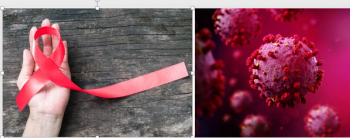
A review of more than 200 studies found no greater risk of contracting COVID-19 among those with HIV but a greater chance of experiencing a severe case.

In a recent paper, researchers outlined the current understanding how the gut microbiome includes viruses such as HIV and COVID-19, and what it means for HIV treatment and repeat COVID-19 infection.

The researchers suggest that additional support may be needed to ensure continuous and potentially increased use of antiretroviral treatment and medication for opioid use disorders and subsequent viral suppression.
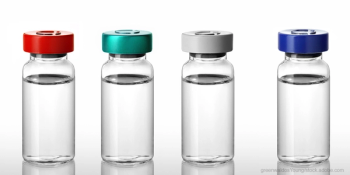
Johnson & Johnson’s experimental HIV vaccine, which uses the same technology as its COVID-19 vaccine, was found to not be effective at preventing infection.
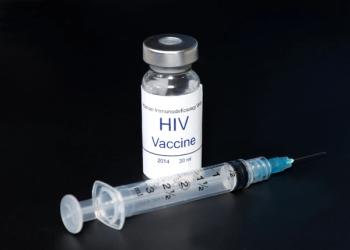
Moderna's phase 1 trial of mRNA vaccine against HIV is deigned to enroll 40 patients.

Accelerated approval and use of surrogate markers are among the friction points. But some see the OK as spawning a new generation of drug development for treating Alzheimer’s disease.
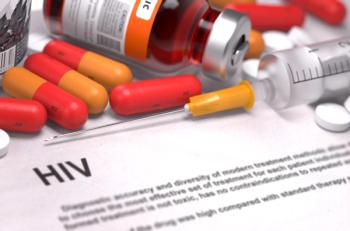
The favorable results could mean a new treatment option for patients with HIV whose disease has not responded to other treatments. They may also be another step toward HIV treatment that doesn’t depend on daily pills.

Not in recent memory has an FDA approval stirred up so much controversy as the agency’s OK of Aduhelm, Biogen’s Alzheimer’s treatment.

The jury is still out. Several companies have high hopes for candidates under development.

Longer half-lives mean less frequent administration and improved quality of life.

The jury is still out, but the evidence is accumulating that people with HIV with comorbidities such as diabetes may be at greater risk for hospitalization from COVID-19.

The triptans, long the workhorses of migraine treatment, have been joined by monoclonal antibodies and small-molecule drugs that block calcitonin gene-related peptide. What’s lacking is a precision approach to treatment based on biomarkers.
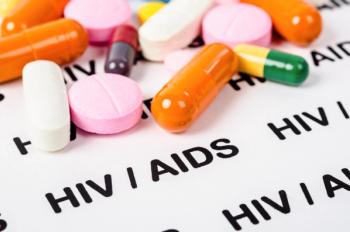
Findings add to the understanding of the challenges that people living with HIV face now that it is a more manageable, long-term condition.
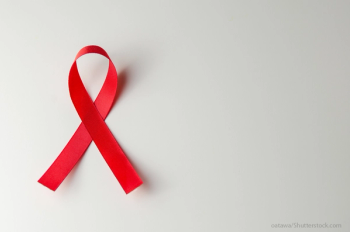
If replicated in future studies, the findings have important implications for the millions of people living with HIV, many of which display signs of residual viral replication despite treatment.

The rapid implementation of telehealth viewed favorably by providers involved in HIV care yet there are conflicting results on how well it facilitates patient retention.

Will emerging variants make the leading vaccines less protective?

The COPD Foundation is calling for a change in clinical trial design that would test experimental therapies in subsets of patients.

The industry is adjusting to the pandemic, but FDA approvals could dip this year. Several new drugs for atopic dermatitis may get the agency’s green light.
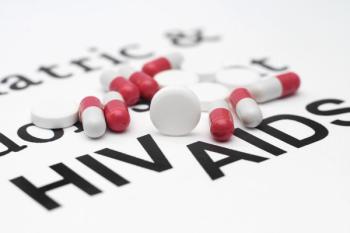
Injectable treatments may start to replace daily pills.

Pre-pandemic momentum helped keep the number of novel therapies approved by the FDA high, and then COVID-19 tested just how fast the pipeline could adjust and expand.

Published: February 9th 2021 | Updated:

Published: October 6th 2021 | Updated:

Published: March 8th 2021 | Updated:

Published: May 12th 2021 | Updated:
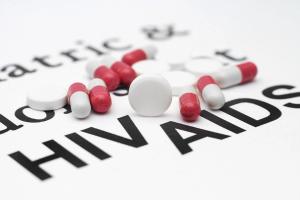
Published: January 8th 2021 | Updated:

Published: July 2nd 2023 | Updated: